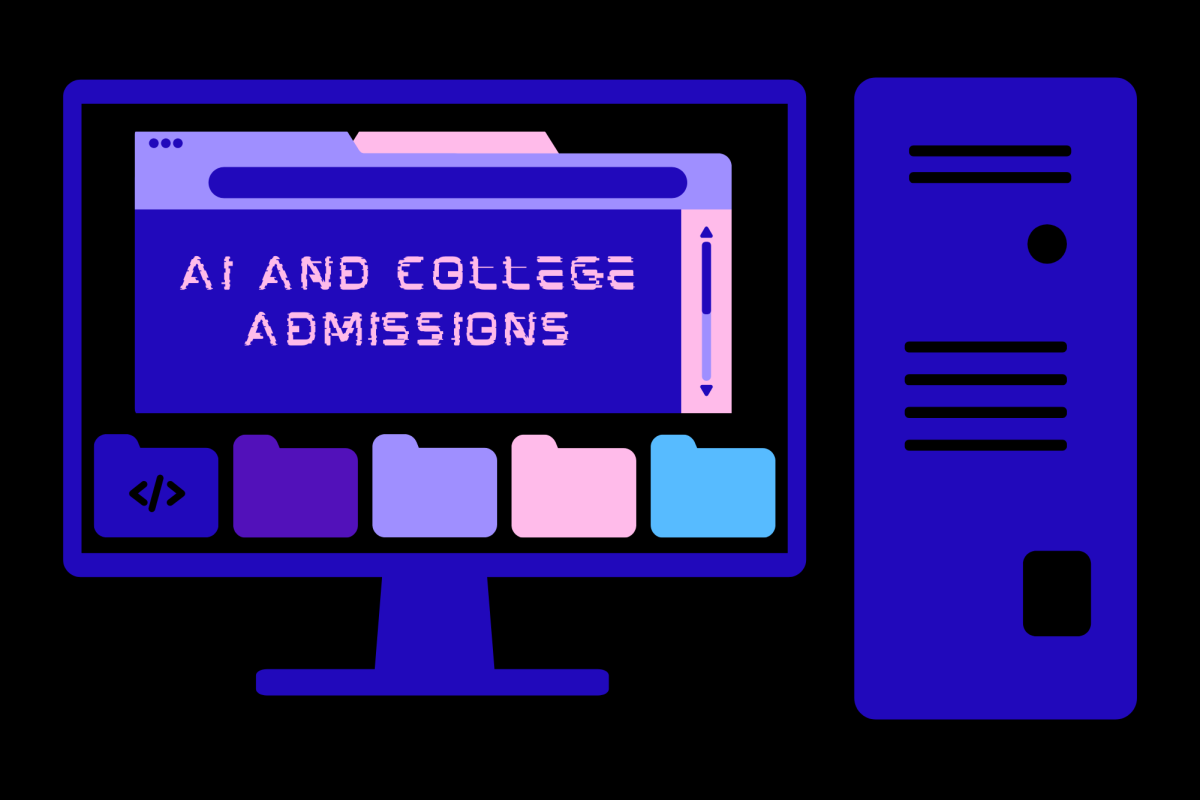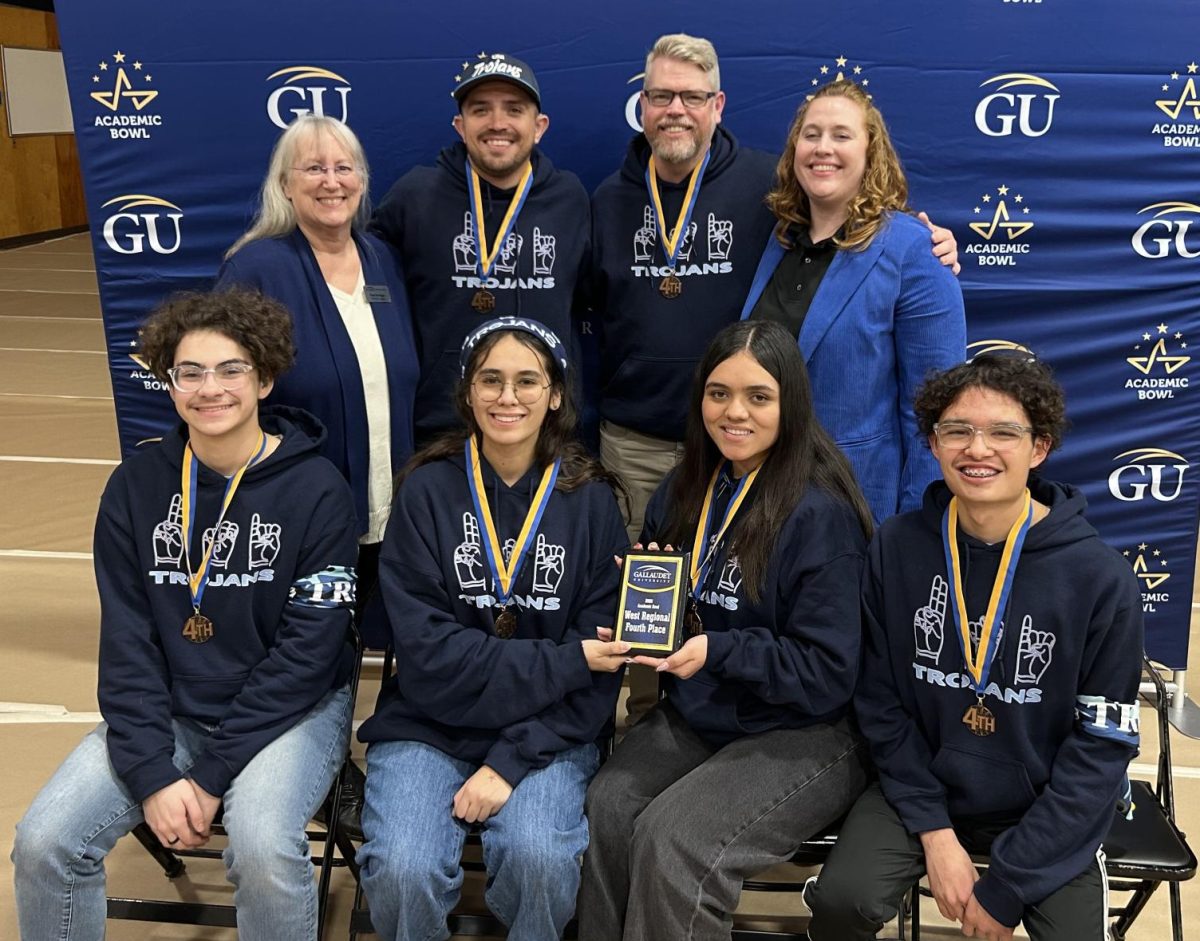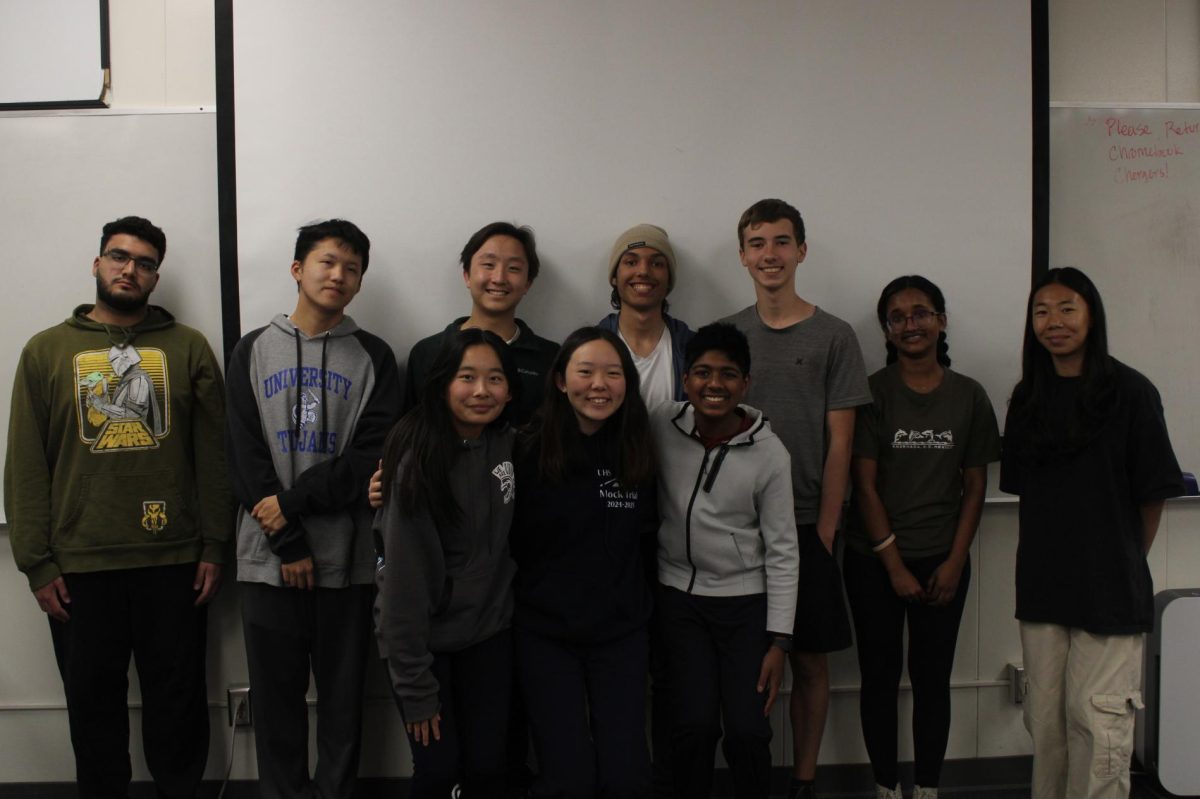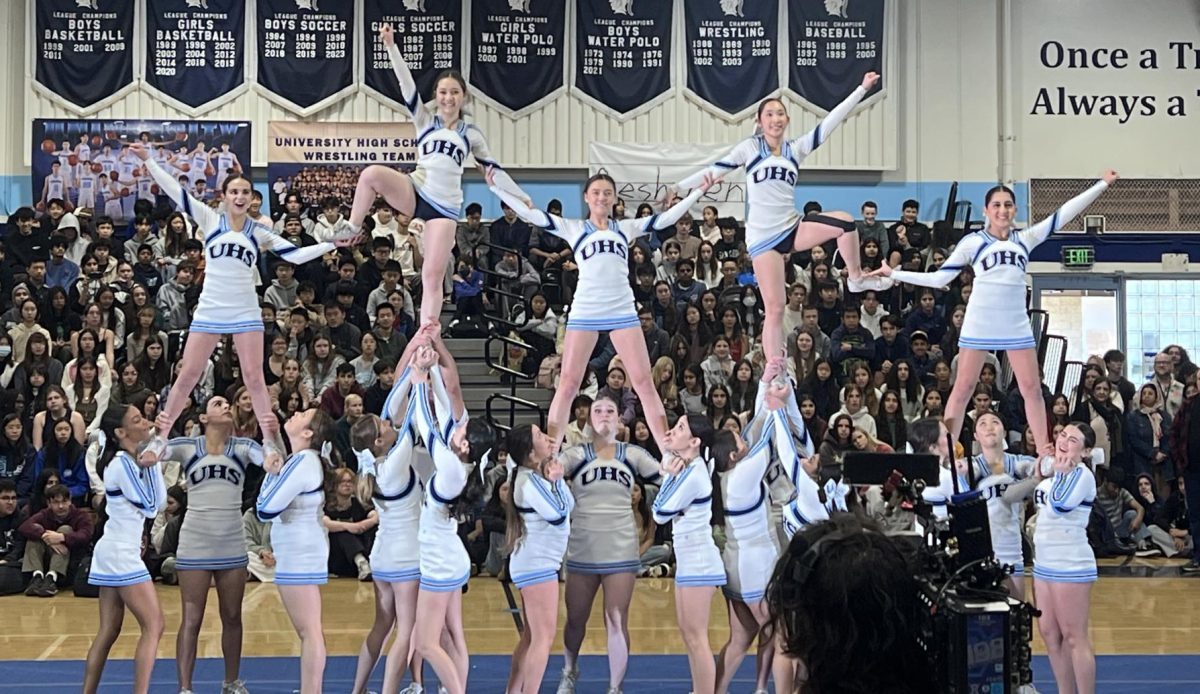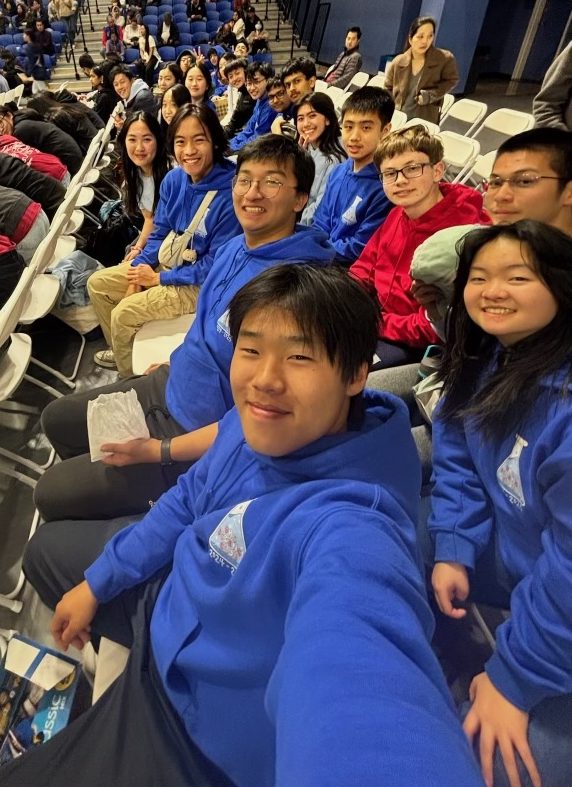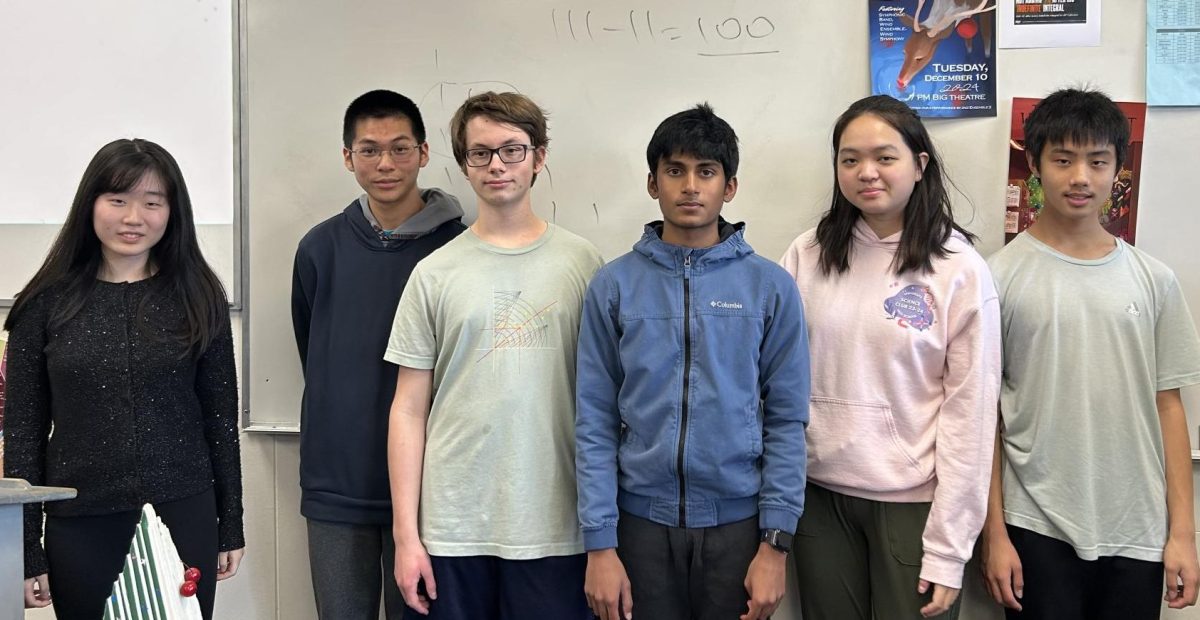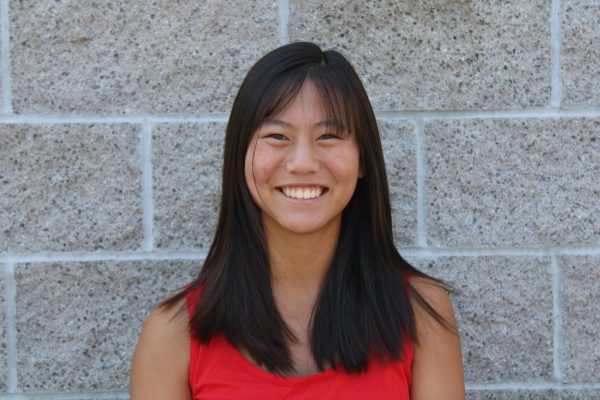Since the launch of ChatGPT on Nov. 30, 2022, Artificial Intelligence chatbots or AI have become an increasingly popular tool for filling out college applications among high school students. Whether it’s producing extracurricular activity lists or writing personal essays, students have leveraged machine learning.
The readily available AI chatbots produce humanlike writing that counteracts a traditional application process at selective colleges that asks for deeply personal and reflective writing. However, such technological advancements could also automate plagiarism and democratize student access to essay-writing assistance.
Following the Supreme Court ruling in June of 2023 that established race-based admissions as illegal, universities and colleges have placed greater emphasis on essay questions to foster diversity on campus. Given that the essays could outline the applicants’ identities, communities and upbringing, colleges receive a better picture of a student outside of just their race or statistics. Personal essay questions have been used for decades to learn about applicants’ unique characteristics and deduce their potential and ability to overcome hardship.
However, new AI tools cast doubt on the legitimacy of applicants’ written responses as authentic and individualized. Teachers have claimed that relying on AI to write could prevent students from developing vital critical thinking and storytelling skills.
“The use of AI in academics is dishonest and not a true reflection of a student’s learning; similar to how the use of AI on a college application is not a true reflection of a student,” junior Jane Sorto said. “It takes away from the authenticity of a college application because the student is no longer expressing and presenting themself on their own account.”
Other educators have focused on the prospective democratizing effects of AI tools. Wealthier high school students often have access to reliable resources to help them draft and edit their college admissions essays, be it alumni parents, paid writing coaches, or receptive teachers. For students who lack the resources as mentioned earlier, AI bots like ChatGPT could serve as an external source of aid. Proponents claim that AI is free, accessible and helpful, as a stepping stone towards equity. Such tools can help teenagers organize their thoughts into paragraphs for their essays, which many tend to struggle with. Other times, AI bots can correct tedious grammatical errors and misplaced punctuation.
“Some students need to work a job to help provide for their families, and using AI allows them to save time, which they can dedicate to other aspects of their lives,” junior Allyson Cheung said.
The University of Michigan Law School recently established that applicants may ask humans for proofreading help and general feedback, but may not use artificial intelligence tools in their drafting process. Sandra Day O’Connor College of Law at Arizona State University, on the other hand, issued guidelines saying that applicants can use AI tools to help draft their applications as long as they use them responsibly.
“I think that if it’s used as a tool to look up and consolidate information about what colleges are looking for, or what you should include about yourself on your application, the use of AI is acceptable,” junior Julia Holmes said. “But, I believe it should be banned in writing essays because you would be submitting work that is not your own, presenting a lack of individuality and uniqueness.”
The question of whether colleges should ban or promote the use of AI in college applications is a topic of increasing debate. It’s a slippery slope and no one knows what the future may hold for the next generation of college applicants.



